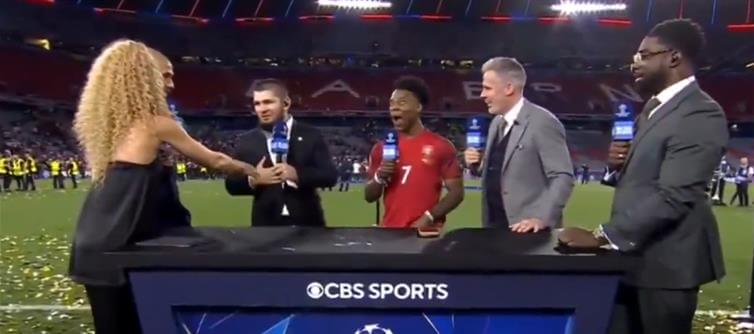
Khabib's action sparked widespread discussion across social media and news outlets, with opinions sharply divided. Supporters defended his decision, pointing out that he has consistently adhered to his religious principles in public life, and that expecting him to act otherwise would be culturally insensitive. Critics, however, argued that the refusal was disrespectful and humiliating in a professional setting, especially since the presenter was simply following a widely accepted norm in Western media interactions.
The incident serves as a powerful reminder of the challenges that arise in cross-cultural engagements, particularly when deeply held beliefs intersect with globalized social norms. It underscores the importance of mutual awareness and respect—both for religious customs and for the protocols of international events. While Khabib's actions were consistent with his values, the awkwardness of the moment highlights a broader need for cultural literacy and sensitivity on both sides of such encounters.




 click and follow Indiaherald WhatsApp channel
click and follow Indiaherald WhatsApp channel